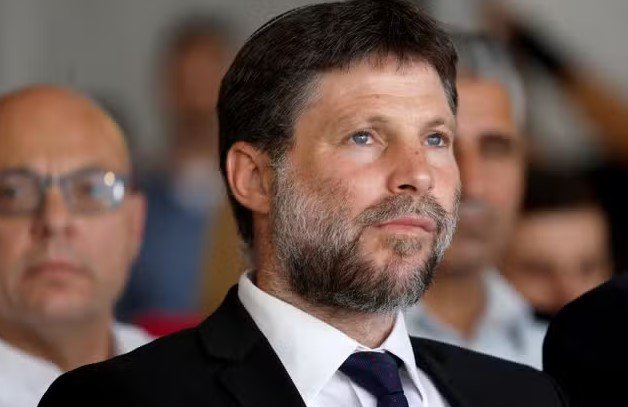Israeli Finance Minister Bezalel Smotrich sparked outrage this week by calling the war-torn Gaza Strip a potential real estate bonanza during a Tel Aviv conference on urban renewal. On September 17, 2025, he revealed ongoing talks with United States officials, including plans linked to President Donald Trump, to redevelop the area after widespread destruction from ongoing conflicts.
Smotrich Details Gaza Development Vision
Smotrich spoke at a real estate event, outlining a business plan to transform Gaza into a profitable venture. He claimed the demolition from military actions has cleared the way for new construction, and he has begun negotiations with American partners to divide the land.
He emphasized that this could fund Israel’s war costs and rebuild northern towns damaged in recent clashes. Experts note that Gaza’s coastal location makes it attractive for luxury developments, but legal and ethical issues loom large.
Public reactions poured in quickly, with critics labeling the idea as insensitive amid the humanitarian crisis. Supporters argue it could bring economic stability to the region.

Ties to Trump Administration Ideas
Smotrich’s comments echo President Trump’s earlier vision of turning Gaza into the Riviera of the Middle East, a high-end tourist spot with beaches and resorts. Trump mentioned this concept in public statements, suggesting United States involvement in post-conflict rebuilding.
Sources indicate a plan is already on Trump’s desk, focusing on sharing profits from real estate deals. This aligns with broader talks between Israel and the United States on Middle East peace and development.
The connection raises questions about international diplomacy, especially with Trump’s recent reelection and focus on economic deals in the region.
Analysts point out that similar proposals have surfaced before, but current events like escalated bombings make them more controversial.
Global Backlash and Legal Concerns
International groups condemned Smotrich’s remarks as violations of international law, which prohibits profiting from occupied territories. The United Nations and human rights organizations called for investigations into potential war crimes.
Palestinian leaders decried the plan as ethnic cleansing disguised as business, pointing to the displacement of over a million people since the conflict intensified in 2023.
- Key criticisms include ignoring Gaza’s ongoing humanitarian needs, such as food shortages and medical crises.
- Advocates for peace argue that any development must include Palestinian input to avoid further conflict.
- Some observers link this to broader settlement expansions in the West Bank, fueling global protests.
Diplomatic responses from Europe and Arab nations urged restraint, warning that such plans could derail peace efforts.
The situation ties into recent United Nations resolutions on Gaza, which demand ceasefires and aid access.
Economic Potential and Challenges
Proponents see massive financial upside, with Gaza’s beaches potentially rivaling Mediterranean hotspots. Smotrich claimed the real estate boom could self-finance reconstruction, estimating billions in revenue from luxury properties.
However, challenges abound, including security risks from ongoing violence and the need for huge investments. Recent data shows Gaza’s economy has shrunk by over 80 percent since 2023, per World Bank reports.
| Aspect | Potential Benefits | Major Hurdles |
|---|---|---|
| Revenue | Billions from property sales and tourism | High reconstruction costs amid destruction |
| Jobs | New employment in construction and services | Displacement of local population |
| Infrastructure | Modern buildings and resorts | Legal bans on occupying land |
| International Ties | Stronger US-Israel economic bonds | Global boycotts and sanctions risks |
Experts predict that without stable peace, any development would fail quickly.
Funding sources remain unclear, but talks with United States firms suggest private sector involvement.
Humanitarian Impact on Gaza Residents
The plan overlooks the dire situation for Gaza’s two million residents, many living in temporary shelters after bombings. Aid groups report thousands of deaths and injuries since the latest escalations in 2025.
Smotrich suggested relocating Palestinians to humanitarian zones or third countries, a move critics call forced migration. This mirrors past proposals but faces strong opposition.
Recent events, like airstrikes in September 2025, have worsened the crisis, with hospitals overwhelmed and basic supplies scarce.
Long-term effects could include deepened poverty and regional instability if residents are sidelined.
Path Forward Amid Uncertainty
As discussions continue, the international community watches closely for signs of implementation. Peace talks stalled earlier this year, but pressure mounts for a resolution.
Smotrich’s party pushes for aggressive policies, while moderates call for dialogue. The coming months could define whether this vision becomes reality or fades amid backlash.
What do you think about these developments? Share your thoughts in the comments below and spread the word to keep the conversation going.
